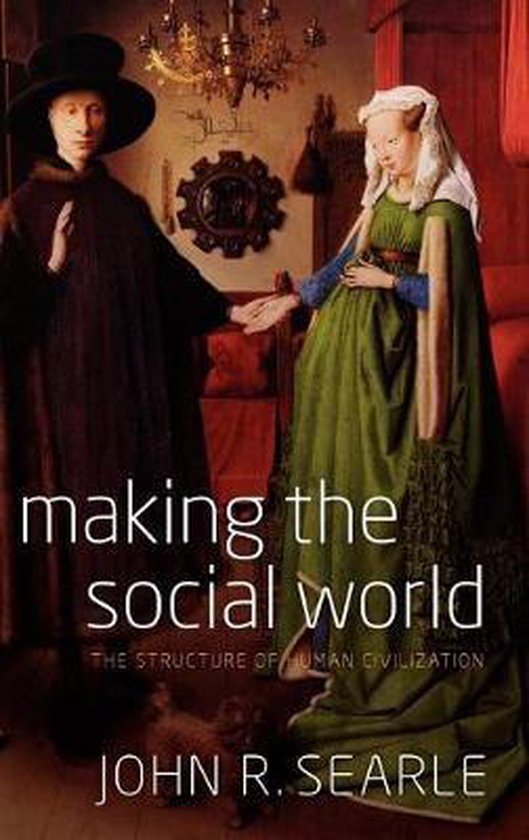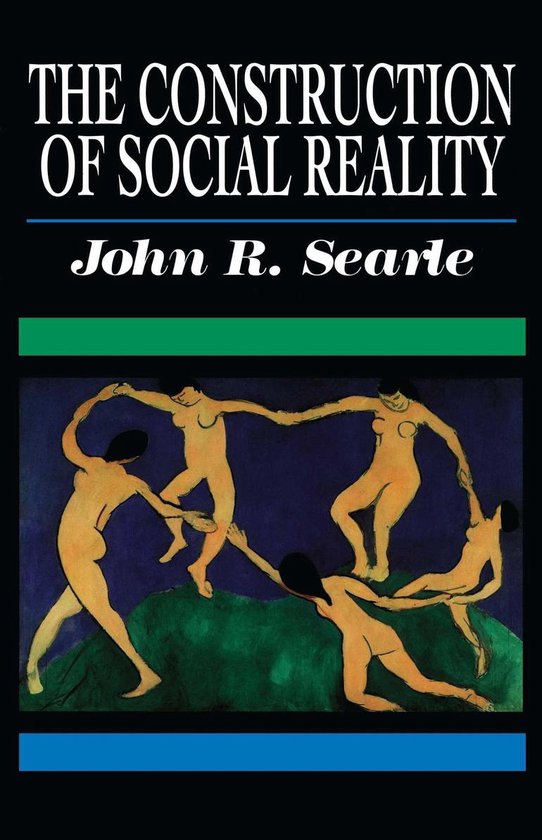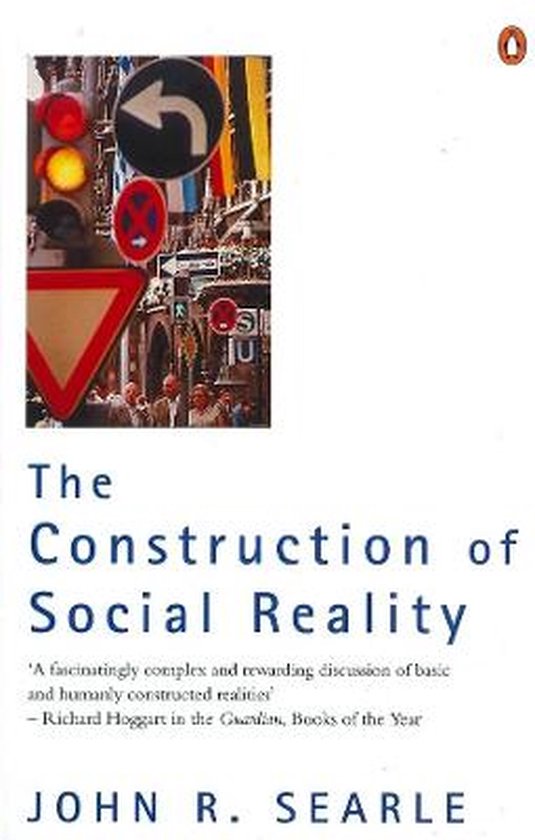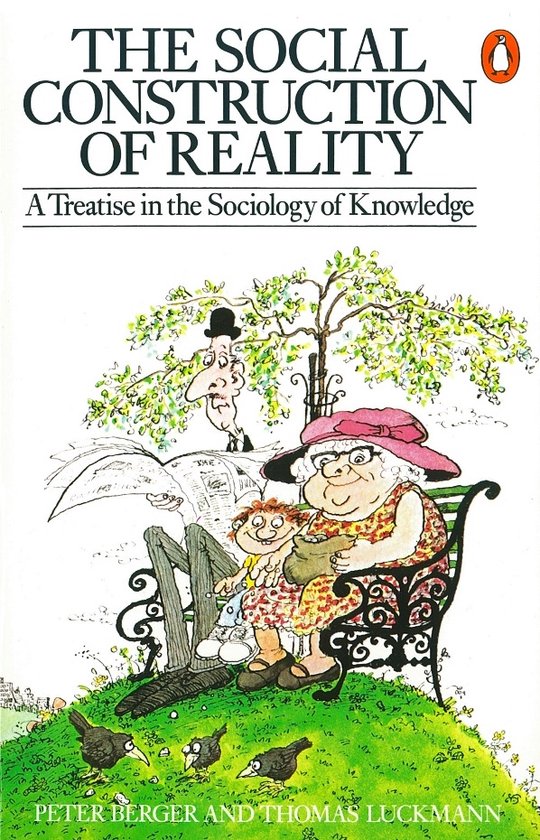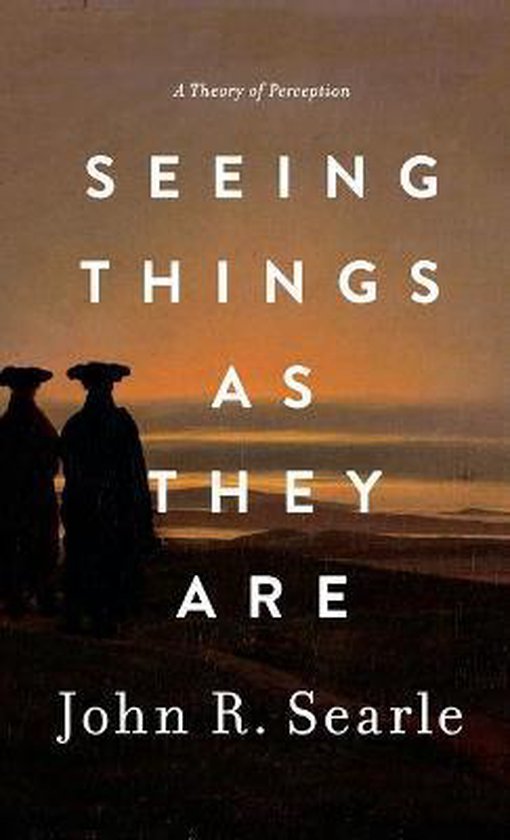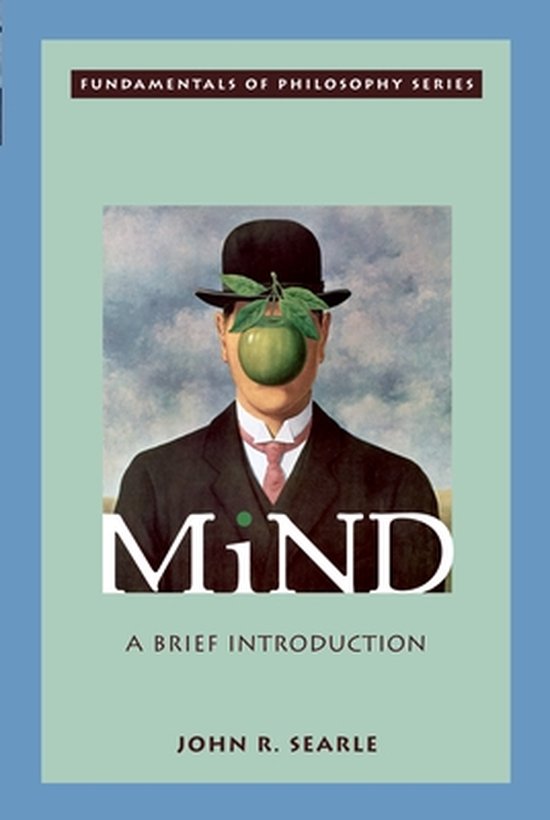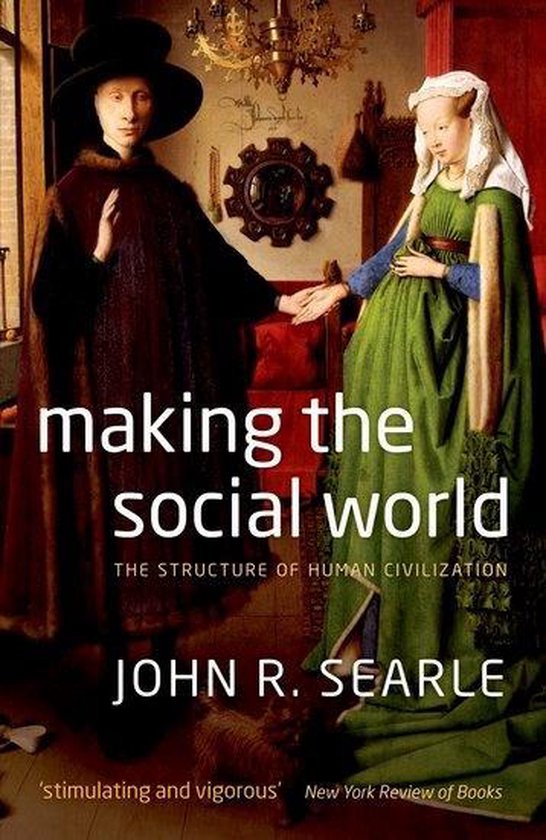
Making The Social World P
The renowned philosopher John Searle investigates the nature of social reality. How do institutions such as money, marriage, and government arise from the mere power of words? And how do mind, language, reason, and freedom come into being from the mindless, meaningless particles that make up the physical universe?
The renowned philosopher John Searle reveals the fundamental nature of social reality. What kinds of things are money, property, governments, nations, marriages, cocktail parties, and football games? Searle explains the key role played by language in the creation, constitution, and maintenance of social reality. We make statements about social facts that are completely objective, for example: Barack Obama is President of the United States, the piece of paper in my hand is a twenty-dollar bill, I got married in London, etc. And yet these facts only exist because we think they exist. How is it possible that we can have factual objective knowledge of a reality that is created by subjective opinions? This is part of a much larger question: How can we give an account of ourselves, with our peculiar human traits DS mind, reason, freedom, society - in a world that we know independently consists of mindless, meaningless particles? How can we account for our social and mental existence in a realm of brute physical facts? In answering this question, Searle avoids postulating different realms of being, a mental and a physical, or worse yet, a mental, a physical, and a social. There is just one reality: Searle shows how the human reality fits into that one reality. Mind, language, and civilization are natural products of the basic facts of the physical world described by physics, chemistry and biology. Searle explains how language creates and maintains the elaborate structures of human social institutions. These institutions serve to create and distribute power relations that are pervasive and often invisible. These power relations motivate human actions in a way that provides the glue that holds human civilization together. Searle shows how this account illuminates human rationality, free will, political power, and human rights. Our social world is a world created and maintained by language.
The renowned philosopher John Searle reveals the fundamental nature of social reality. What kinds of things are money, property, governments, nations, marriages, cocktail parties, and football games? Searle explains the key role played by language in the creation, constitution, and maintenance of social reality. We make statements about social facts that are completely objective, for example: Barack Obama is President of the United States, the piece of paper in my hand is a twenty-dollar bill, I got married in London, etc. And yet these facts only exist because we think they exist. How is it possible that we can have factual objective knowledge of a reality that is created by subjective opinions? This is part of a much larger question: How can we give an account of ourselves, with our peculiar human traits DS mind, reason, freedom, society - in a world that we know independently consists of mindless, meaningless particles? How can we account for our social and mental existence in a realm of brute physical facts? In answering this question, Searle avoids postulating different realms of being, a mental and a physical, or worse yet, a mental, a physical, and a social. There is just one reality: Searle shows how the human reality fits into that one reality. Mind, language, and civilization are natural products of the basic facts of the physical world described by physics, chemistry and biology. Searle explains how language creates and maintains the elaborate structures of human social institutions. These institutions serve to create and distribute power relations that are pervasive and often invisible. These power relations motivate human actions in a way that provides the glue that holds human civilization together. Searle shows how this account illuminates human rationality, free will, political power, and human rights. Our social world is a world created and maintained by language.
| Auteur | | John Searle |
| Taal | | Engels |
| Type | | Paperback |
| Categorie | | Taal |
